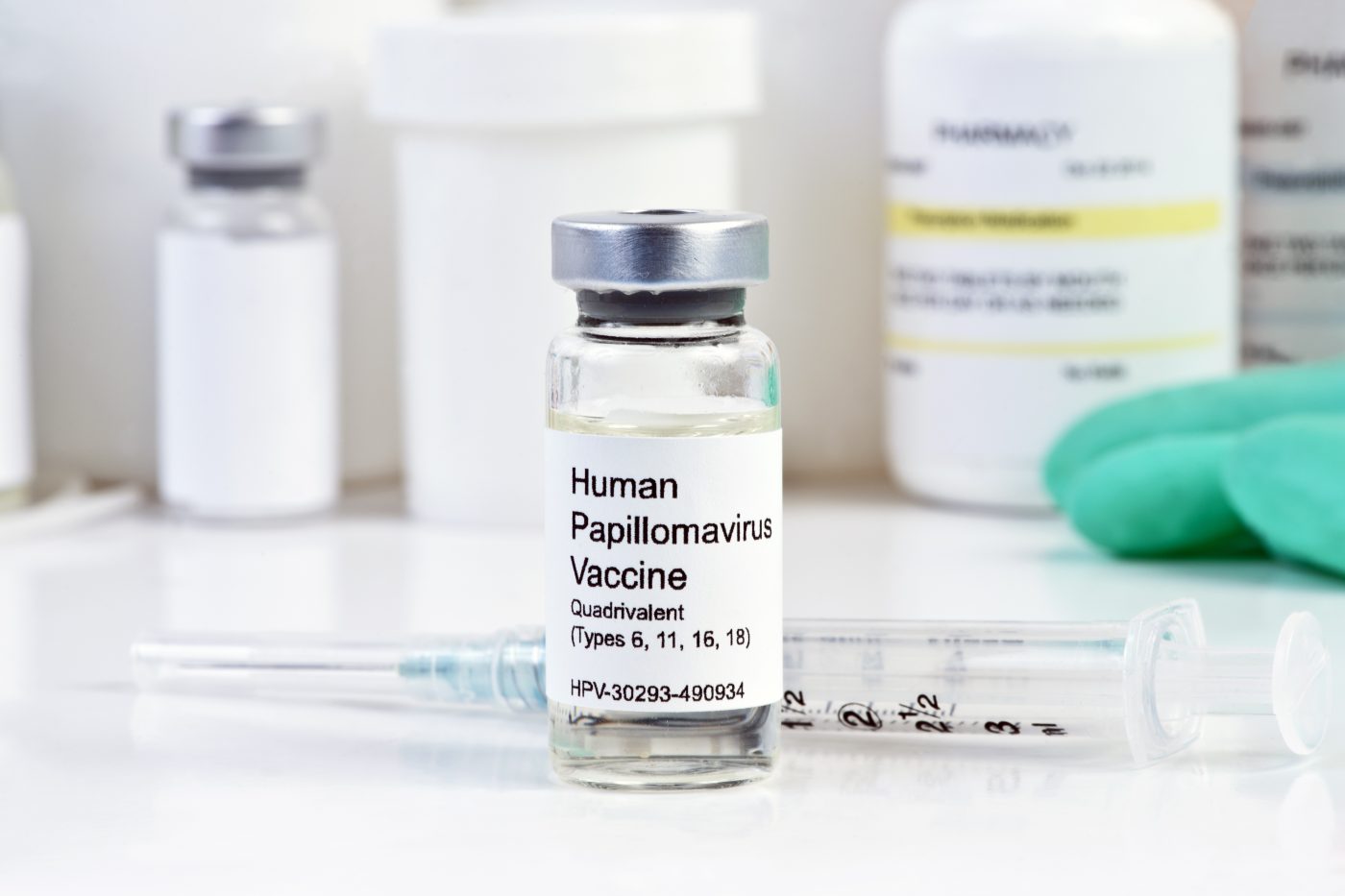Findings from a study recently published in the Journal of the National Cancer Institute show that the human papillomavirus vaccine 9-Valent might prevent up to 80% of cervical cancers in the U.S., if the vaccine is given to all children aged 11- or 12- years, before they have been exposed to the virus.
The new vaccine might also protect against about 19,000 other cancers, including oropharyngeal, anal and penile cancers, which represents an 11.1% increase in the protection of HPV-related cancer compared to Gardasil and Cervarix, the first vaccines available on the market. The study was conducted at The Centers for Disease Control and Prevention in collaboration with Cedars-Sinai.
“This is the first comprehensive study of its kind and shows the potential to not only reduce the global cancer burden, but guide clinical decision-making with regard to childhood vaccinations,” said in a recent news release Marc T. Goodman, PhD, MPH, director of Cancer Prevention and Genetics at the Cedars-Sinai Samuel Oschin Comprehensive Cancer Institute and senior author of the study.
Results from the study revealed that the 9-Valent vaccine (Gardasil-9), can also protect against an additional 5.7% of oropharyngeal cancer, the second-most-common HPV-associated cancer.
“We found that 70 percent of patient DNA tissue samples with cancer of the oropharynx harbored HPV,” added Goodman in the news release. “This is a much higher percentage of HPV than observed in other studies, likely because of changes in sexual behaviors, such as increased oral-genital contact.”
Results from the study revealed that the new vaccine may increase protection against other HPV-related cancers such as those of the vulva, from 48.6% to 62.8%; vagina, from 55.1% to 73.3%; penis, 47.9% to 56.9%; and anus, 79.4% to 87.6%.
The data for this study resulted from the analysis of 2,670 HPV DNA tissue samples retrieved from seven different population cancer registries.
The research team will continue to conduct longitudinal research to understand the protection effect of the new vaccine against HPV-associated cancers.

